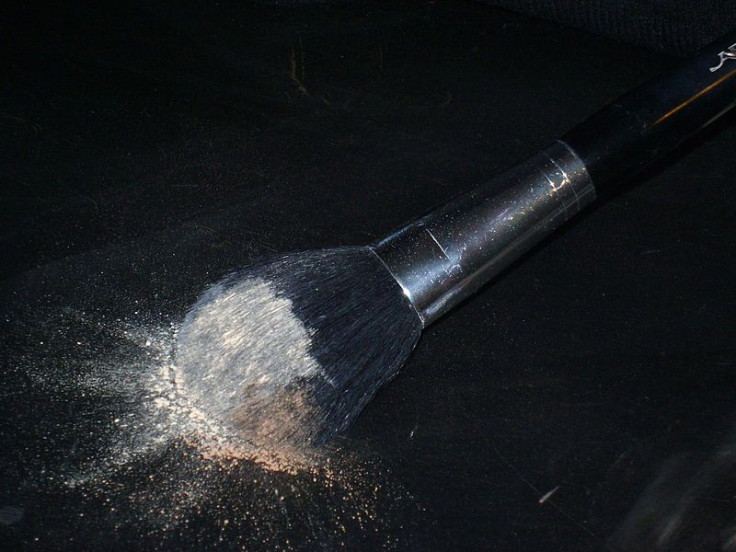Argan Powder Foundation Could Be Causing Asthma And Allergies In Cosmetics Factory Workers

According to The Beauty Company, four out of five women wear makeup, with the average woman spending 20 minutes a day applying cosmetics. Foundation, considered to be the basis of many women’s makeup regimens, is used to provide flawless coverage for uneven skin tone, blemishes, and discolorations of the skin.
Fatty esters such as isopropyl lanolate, myristyl lactate, and octylhydroxystearate can be found in many foundations, often causing allergic reactions and even acne in some consumers. While the possible detrimental health effects of cosmetic ingredients on makeup users have been studied, there are limited studies on the production of makeup ingredients and its effect on factory workers. Argan powder, an ingredient used in the production of foundation, can lead to the development of occupational asthma and allergies in factory workers, according to a new study.
Findings presented today at the European Respiratory Society (ERS) Annual Congress in Barcelona unveiled the first evidence of the health risks associated with the use of argan powder in the production of cosmetics. The researchers examined nine participants from a cosmetic factory in France and exposed them to the cosmetic ingredient in its three different forms — granules, powder, and liquid — to analyze the potential onset of health complications from the manufacturing of argan powder.
The nine participants were asked to complete a questionnaire about their medical history. The researchers performed lung function tests, allergy tests, and an inhalation challenge test to examine the reaction of the airways when in contact with argan powder, reports Medical Xpress.
Four out of nine cosmetics factory workers had asthma or rhinitis symptoms and were documented to have a blocked nose when they were dealing with argan powder. The inhalation challenge test revealed that three out of the four participants with asthma or rhinitis symptoms had occupational asthma that was triggered by the powder. Half of the participants with asthma-like symptoms tested positive for a skin allergy to argan powder.
“This study is very preliminary but does suggest an association between argan powder and occupational asthma. Our initial findings warrant further research to understand any health risks associated with the compound,” said Dr. Emmanuelle Penven, lead author of the study, at the ERS Annual Congress presentation.
Currently, there are 25 million Americans who suffer from some form of asthma, with approximately 15 percent of reported asthma cases being potentially work-related asthma, according to the American Academy of Allergy, Asthma, and Immunology. Asthma is the most common occupational lung disease in the United States, and is often underrecognized and misdiagnosed. However, occupational asthma can be reversible, if diagnosed and treated early. Long-term exposure to asthma-producing substances can worsen the condition, especially if the employee cannot avoid the substances.
Drugs, enzymes, animal proteins, and even seafood are among the most commonly reported risk factors for occupational asthma, says Mayo Clinic. The compound argan powder could be added to the list once more studies support Penven’s findings.
To learn about high-risk occupations associated with occupational asthma, visit Mayo Clinic.



























